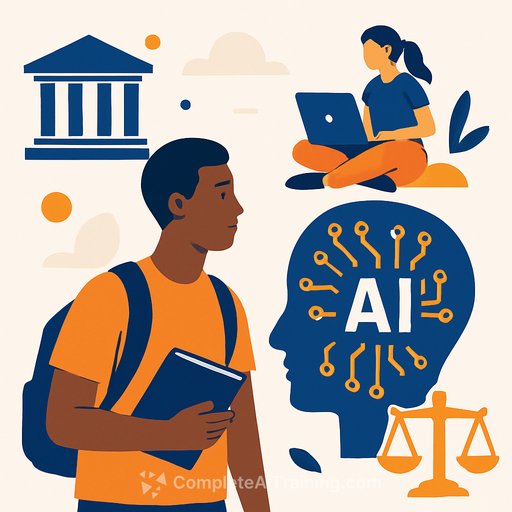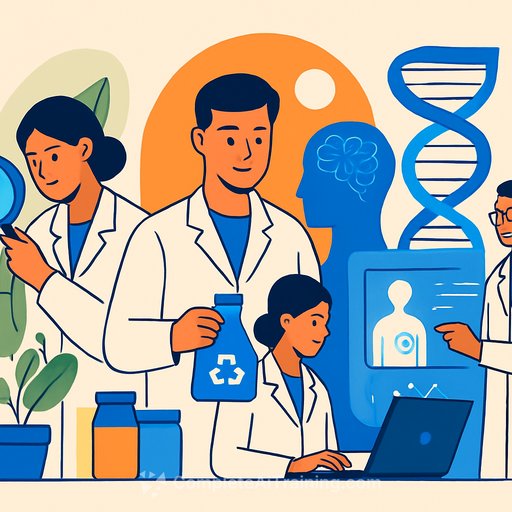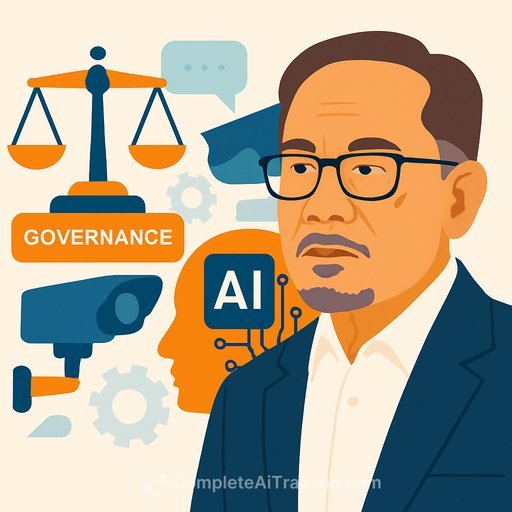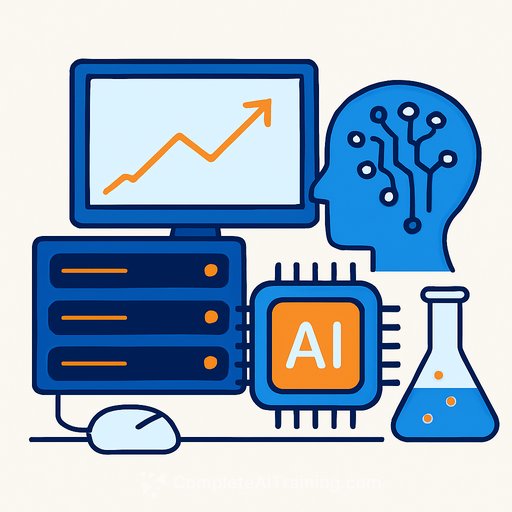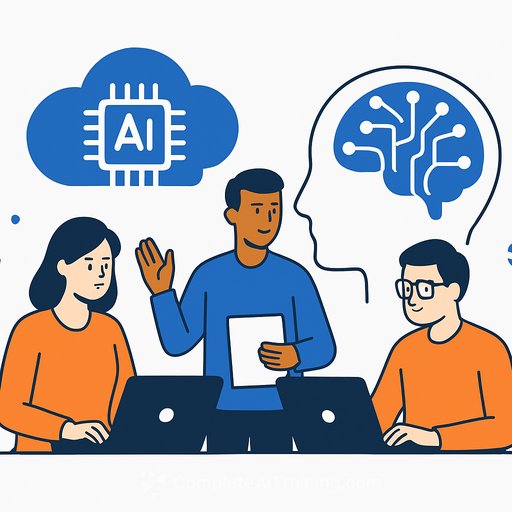College of William and Mary Launches Interdisciplinary AI Minor
This fall, the College of William and Mary introduces an interdisciplinary artificial intelligence minor through its new School of Computing, Data Sciences and Physics (CDSP). The program aims to equip students with technical skills while addressing the ethical and social implications of AI technology.
The School of CDSP, established in July and led by Dean Douglas C. Schmidt ’84, M.A. ’86, brings together five departments: Applied Science, Computer Science, Data Science, Physics, and Interdisciplinary Studies. The school occupies ISC 4, an extension of the Integrated Science Center.
Balancing Technical Skills with Ethical Awareness
Dean Schmidt, an experienced computer scientist with a background in sociology, emphasizes the importance of combining technical knowledge with critical thinking. His vision is to foster “augmented intelligence” — a blend of AI proficiency and the reasoning skills cultivated through a liberal arts education. He explains, “Students need to know not just how to use AI, but when to use it and when not to use it.”
The minor includes 19 credit hours, with four core courses: Introduction to Programming, Discrete Structures of Computer Science, Research Design and Statistics, and Applied Machine Learning. Students also select two electives from a specified list. Ethical and social issues such as privacy and equity are integrated throughout the curriculum, rather than being confined to standalone courses.
Supporting Innovation with a Human-Centered Approach
Provost Peggy Agouris highlights the minor’s alignment with the College’s 2025 education and innovation goals. She notes that the program maintains a human perspective by combining advanced research with the liberal arts tradition, ensuring students consider societal impact alongside technological advancement.
Schmidt encourages students outside the School of CDSP to enroll in the AI minor, valuing the diverse perspectives they bring to technical fields. “Students from other disciplines introduce cultural, human, and ethical considerations that the technical fields need,” he says.
Preparing Students for an AI-Integrated Workforce
Tucker Peters ’28, president and founder of the W&M AI club, sees augmented intelligence as a vital skill for career readiness. He emphasizes that understanding AI enhances employability across all majors and minors. Peters uses AI tools regularly for studying, creating practice tests, and exploring complex topics, encouraging skeptics to experience these benefits firsthand.
The School of CDSP stresses that AI complements human creativity by handling routine tasks, freeing up time for more engaging and innovative work. This balanced approach prepares students to be responsible stewards of AI technology in their future careers.
Future Plans and Course Updates
While the AI minor is the fastest route to integrate AI education at the College, plans for a full AI major and a dedicated department are underway. Course syllabi will be updated regularly to keep pace with AI developments.
For those interested in broadening their AI knowledge and skills, exploring relevant courses can be a valuable step. Resources such as Complete AI Training’s latest AI courses offer practical learning opportunities.
More information about the College’s AI policies and resources can be found on their official AI website.
Your membership also unlocks:

